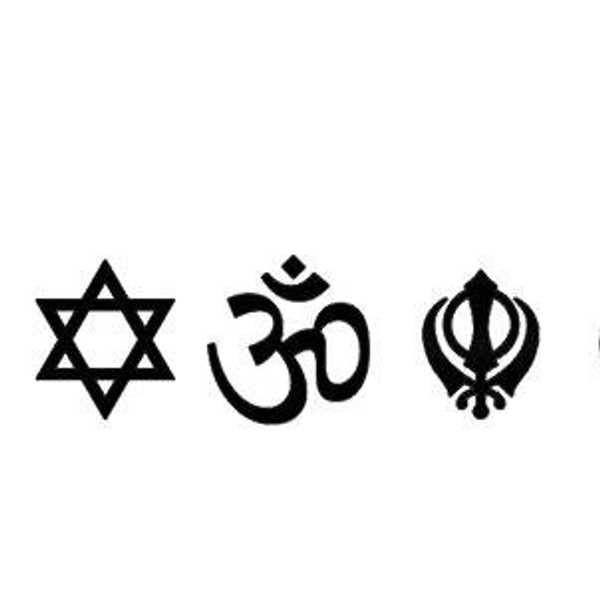Growing up in Olympia, Washington, I had come across and visited the Saint Martin's University campus a number of times. I had always familiarized Saint Martin's as "the Catholic college with a small campus and a nice pavilion." But it wasn't until I attended this school, as a student, that I became aware of what Catholicism really looked like; and what it felt like.
I have never considered myself to be a religious person, and when I first arrived to Saint Martin's as an official student, I was overwhelmed and nervous about the prospects of learning at a Catholic institution. To be frank, I came into my freshman year with quite a negative view of religion. I had heard nasty rumors of Catholics shaming members of the LGBTQ community, and Catholics condemning pro-choice supporters as sinners. Before attending Saint Martin's University and listening to what the students, staff, and faculty had to say about Catholicism, I had never thought strongly of my Faith. I truly believe that listening to the people of Saint Martin's has caused me to identify and develop my own values and faith.
My first encounter with Catholicism at Saint Martin's was, not surprisingly, in the classroom. I took Intro to Religious Studies (RLS 111) with Dr. Katie Bugyis during the fall semester of my freshman year. The basics of this course were to complete the assigned readings at home, and discuss the contents of them with prompted questions from our professor in class. At first, I found myself extremely overwhelmed: I had never read the Bible, I didn't pray, and what was a rosary? I was lost. But after careful readings and discussions I began to learn a lot about Christianity and Catholicism, along with Judaism and Islam. Along with platonic and straightforward readings, the class as a whole would discuss the morality and meaning behind these religious teachings. For instance we would discuss whether or not someone who is gluten-free should be able to have an alternative wafer during communion. Or whether or not members of interfaith should be welcome to multiple churches, mosques, or other places of worship.
After these "icebreaking" questions, Dr. Bugyis would prompt us to discuss matters that may be considered more "political" or "social" in modern times. I truly expected the Catholic students in my class to be harsh and unwilling when discussing issues such as gay marriage and abortion, among others. I was completely wrong. I found that every student in my class, regardless of religion, was extremely open and accepting of all opinions on every topic. No one shamed another person for their thoughts, and everyone listen patiently and tolerantly. I was happily shocked to witness and experience, firsthand, the kindness, compassion, and understanding views of students all across Saint Martin's. I began to see faith in a different light. Faith wasn't this hyper-religious, god-worshipping, unaccepting of others obsession that I had pictured in my mind. And to be honest, I'm kind of ashamed to have had this stereotype in place in the first place. Nonetheless, I quickly began to develop my own faith. And although I do not ascribe to one of the major religions, or even pray regularly, I have found peace and solace in acknowledging a higher force of love and protection over my family.
Faith is still a tricky concept for me. But it is clear that attending Saint Martin's was an extremely beneficial step in my personal faith development. If it weren't for the teachings of my professors, advice from the faculty, and help from my fellow students, I would not have turned my compassionate listening skills into a stronger form of education.





















